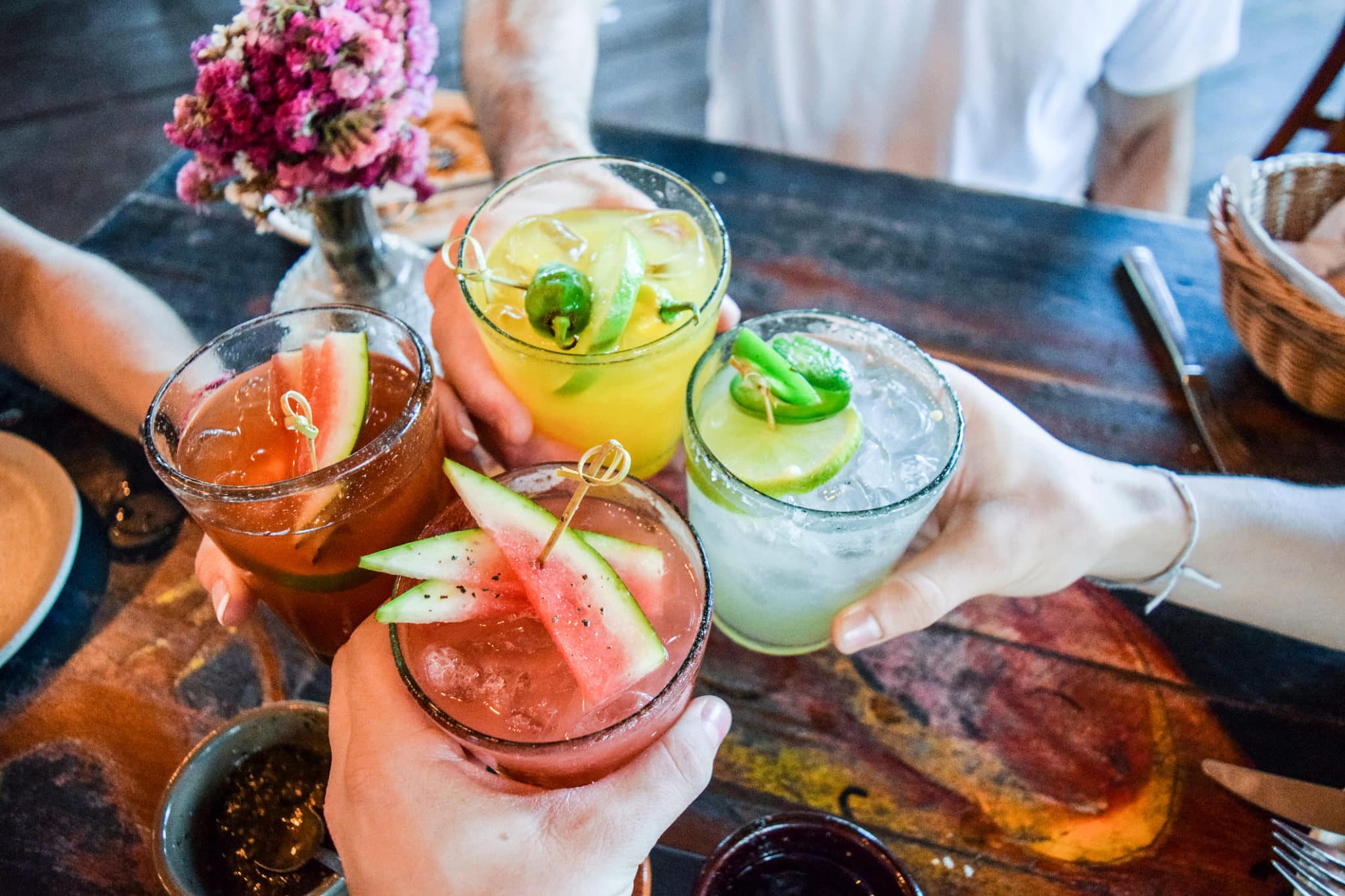
Further to our previous blog post where Michael Henry discussed a social host’s responsibilities when hosting a party, let’s take a closer look at the existing state of the law regarding a host’s liability for their guests’ actions.
The initial presumption is that whomever hosts a gathering where alcohol is consumed is potentially liable for any harm that their intoxicated guests cause to themselves or others. In the eyes of the law, this definition of a “social host” includes both the individual throwing the party and the owner of the location where the party takes place.
The critical legal issues to be considered in a social host situation are foreseeability and proximity. Foreseeability refers to the host’s knowledge of the guest’s level of inebriation and/or intention to engage in what might be considered a dangerous activity that may cause harm to themselves or others. Proximity has been defined as “something more” in the facts of the particular case that would necessitate action on the part of the host.
A recent Ontario Court of Appeal decision opens the door to finding that social hosts are liable for failing to stop a guest from driving under the influence. In Williams v Richard, 2018 ONCA 889, a guest spent three hours drinking in the hosts’ garage and consumed approximately 15 beers. Most people would agree that the individual was too intoxicated to drive. Nonetheless, he was allowed to leave the hosts’ location, go home, put his children in his car and drive the babysitter home. Unfortunately, this drive led to catastrophic consequences and a lawsuit against the party’s host and the homeowner.
At trial, it was originally decided that there was not enough evidence to find that the accident was foreseeable. Furthermore, it was also decided that the hosts’ liability ended when the inebriated driver arrived home.
The Court of Appeal thought differently ordered the case to be retried. It was concluded that the trial judge was wrong in deciding that the accident was not foreseeable and was also wrong in finding that, even if a liability existed, it ended when their guest arrived home. Furthermore, the Court found that the hosts may have had a positive duty to act, or in other words: this may have been a situation that called for preventative action on the part of the hosts.
Although the case in question involved a drunk driver, now that cannabis usage is legalized in Canada, and marijuana is readily available in retail stores, hosts should also be concerned about guests who become intoxicated due to the use of cannabis. It is reasonable to assume that a social host’s liability for an intoxicated guest will be the same, whether the guest is intoxicated from the use of marijuana, another recreational drug, or alcohol. Cannabis, however, creates different challenges for a host because it is not easy to recognize cannabis impairment. Once again, the facts of each case would need to be considered.
While the law and the courts will define the specific circumstances under which a host can be found legally liable for the consequences of an inebriated guest’s actions, being mindful of your guests’ safety is just the right thing to do. One should never let a guest get behind the wheel of a vehicle if there’s any question about their ability to drive safely, regardless of the substance they have consumed.
From your friends at Howie, Sacks & Henry LLP, have a merry and safe holiday season. For more information on your responsibilities as a social host, please contact Michael J. Henry at 416-361-0889 or by e-mail at mjhenry@hshlawyers.com.






